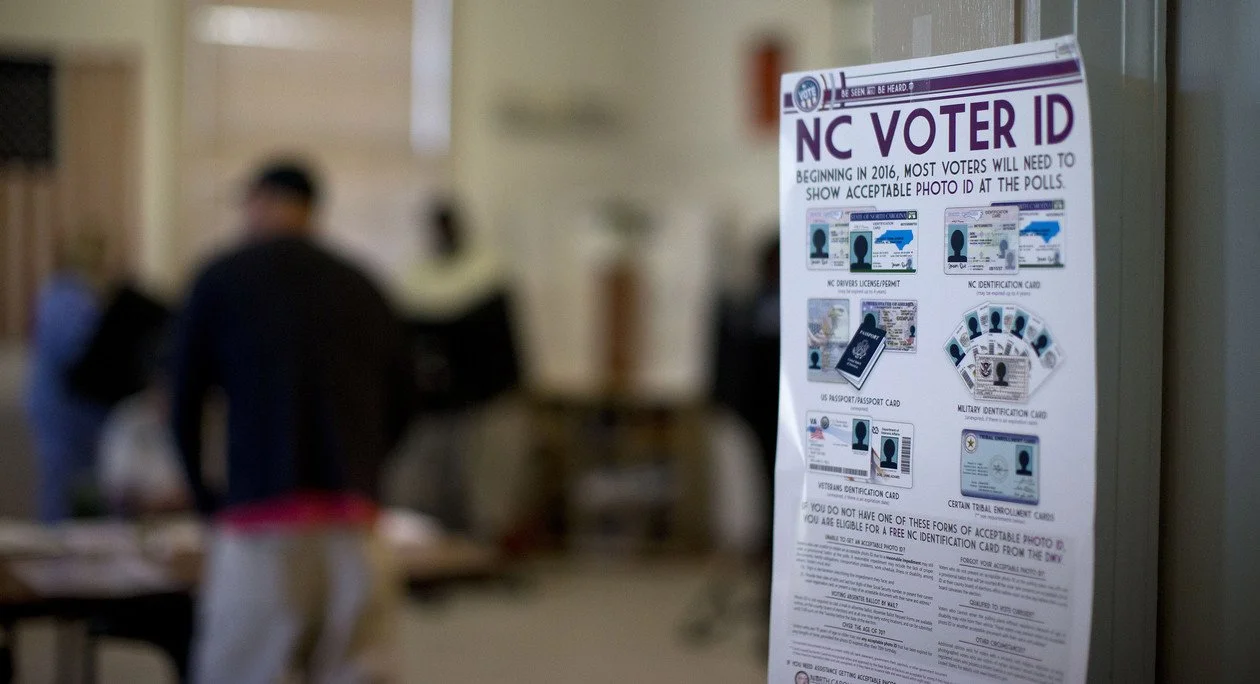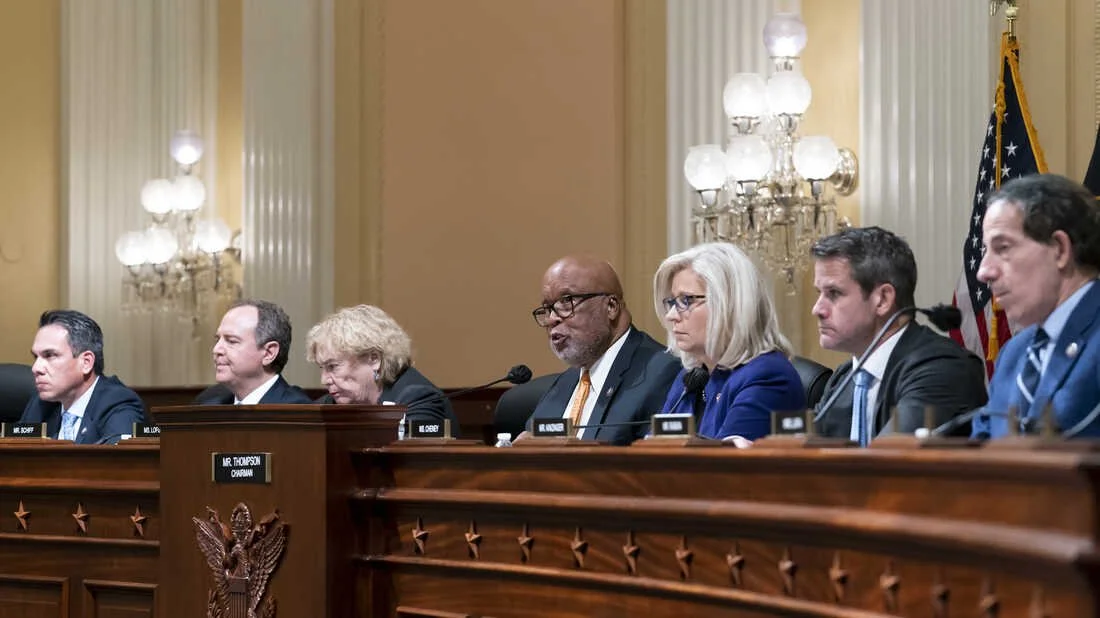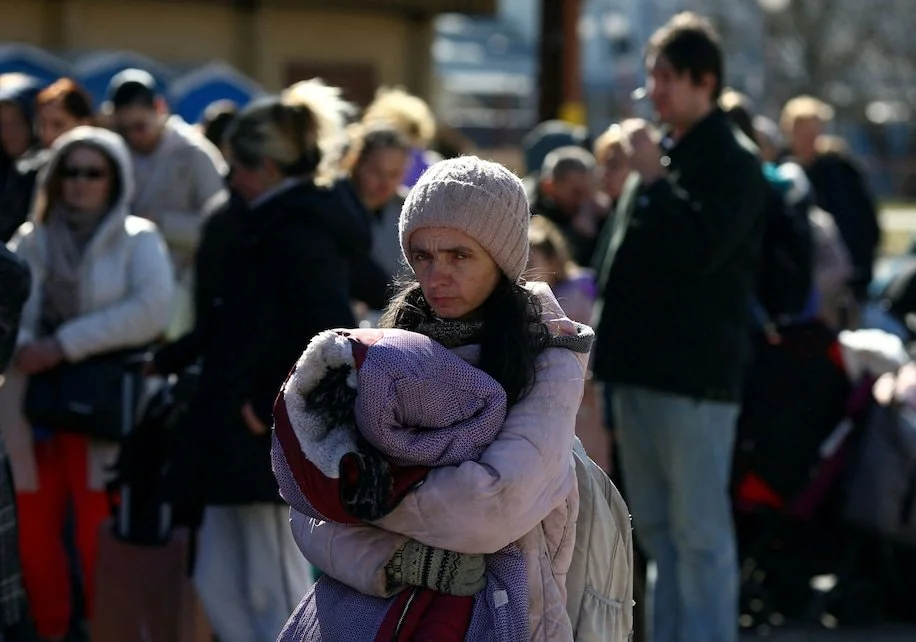“Regardless, all of these fights over “competition” have enormous financial implications. These tech companies make billions of dollars each year and they certainly want to maintain their margins. Stronger competition against them could mean less earnings but ultimately less power as well. That being said, more competition creates better prices and more choice for the consumer.”
Read More“In diaspora communities, the journey to maintaining cultural ties is narrow and arduous. Distanced by oceans and borders, immigrant communities – especially second and third generation-descendants – are prone to frayed ties to home. Commonly, the only window to the culture of their mother lands is through static-filled Facetime videos and phone calls. However, UNC’s Asian groups are striving – and flawlessly succeeding – in providing a connection that transcends geography. Faced with such a flourishing, I had the honor of delving ‘behind the scenes’ of UNC Ek Taal, the University’s competitive Indian classical dance group.”
Read More“Americans today are demanding more from the private sector. The concept that businesses have a duty to serve the public beyond simply providing goods and services is commonly known as Corporate Social Responsibility. Ideas about what exactly American corporations are responsible for have evolved over time, from the Gilded Age of Rockefeller and Carnegie to the modern idea of Corporate Social Justice.”
Read More“Though the U.S. has continued to leverage its military power and financial aid in order to support Ukrainian forces, the Biden Administration is also providing measures to lessen the growing humanitarian crisis. The U.S. has agreed to accept 100,000 Ukrainian refugees after increased domestic and international pressure.”
Read MoreAs the semester draws to a close, it is important that Carolina students understand the law regarding the termination of their leases this semester and moving in next year. Tristan Routh is a Staff Attorney at Carolina Student Legal Services (CSLS), where he aids the UNC student community in dealing with landlord-tenant cases and litigation. The two major areas of rental disputes he sees are those relating to security deposits and rate abatement, and he has a plethora of advice to offer students on the topics.
Read More“On April 24, almost 48 million registered voters will be able to cast their votes for either Emmanuel Macron or Marine Le Pen to become the next French president. Both survived the first round of voting, coming out as the top two contenders amongst a group of 12 total candidates. While such a result was expected by many experts, the results from the first round of elections showed an increasingly polarized political arena in France as voters take more extreme positions.”
Read More“Healthcare inequality happens on a macro and micro level. At a micro level, each nation's people can find commonality in the struggle to secure lifesaving healthcare services, treatments, and medication. People within these nations often cannot access these treatments unless they are affluent. On the macro level, wealthier nations have proportionately better healthcare access than poorer nations.“
Read More“Considering the forthcoming election cycle for senate and house seats on both a state and national level, an additional 55,000 ballots — approximately how many previously incarcerated persons would be eligible if CSI v. Moore is affirmed — would immensely alter voter demographics throughout the state. It is imperative for folks to keep a watchful eye on the unfoldings of this court case; not only will it dictate the extent of natural rights for a neglected group of the state’s citizenry, but it also has the power to reconfigure the political makeup of North Carolina.“
Read More“Through history-making in their physical space alone, Roots takes an even more distinct approach to what would already be a complicated attempt at reconciliation. Roots looks to go beyond the general humanization of the “other,” and embraces the harsher and more radical sides to the Israel-Palestine conflict, even if it makes their general mission more complicated. Rabbi Schlesinger explained that in order to achieve true peace you cannot “make people check their identities at the door.” Instead, Roots looks to incorporate all different perspectives of the conflict into their programs.”
Read More“Many people told Student Body President-elect Taliajah “Teddy” Vann that it would be impossible for her to win the election. ‘There were a lot of people who, in my opinion, did not think that it was possible for me to win the Student Body Presidential election. They thought that it would be especially impossible for any Black woman to win with two Black women on the ballot. Those people could not have been more wrong,’ she said. Instead of succumbing to pressure, Vann chose to view her doubters as a sign that she was doing something right.”
Read More“During his time as governor, Desantis has arguably become the most influential champion of the“anti-woke” agenda . . . . Desantis and others often paint children as particularly vulnerable to unjust indoctrination. They fear schools may be introducing complex topics such as sexuality and race to children who are too young to understand the complexities of these matters. Teaching children that “they can be whatever they want to be” could be particularly dangerous to undeveloped children, argued Desantis at his signing of the legislation.”
Read More“Move aside, sanctions and treaties. There’s a new diplomatic tool on the block – pop culture. Instead of traditional foreign policy tools, South Korean diplomacy efforts have increasingly focused on other venues: K-pop, K-dramas, and K-beauty. Indeed, the prior South Korean prime minister, Moon Jae-In, invited K-pop performers to conferences with the United Nations, the United States, the United Arab Emirates, France, and China. The usage of pop culture as a means of diplomacy is not a new occurrence, but the massive popularity growth of South Korean culture is a never-before-seen phenomena – one that will spearhead the nation’s foreign policy.”
Read More“Anka, Nigeria displays how collaborative work for humanitarian goals cannot be understated for their lasting and beneficial impact. Unfortunately, Anka is not the only region that faces the dangers of lead contamination. Lead poisoning is an epidemic…[it’s] gravity cannot be underestimated, it is potent and fatal, and has long term consequences that can extend past generations.”
Read More“In 2021, Governor Roy Cooper, also a Democrat, proposed a budget that would have allocated $1.7 billion to fund a two-year remedial action plan for North Carolina schools, but the funding fell short. Since late 2021, Lee has again been pushing for the state to fund the Leandro plan, but the Republican-controlled legislature is reluctant to appropriate money on the basis of a court order, which they consider a constitutional overreach, as the legislature is endowed with the power of the purse, not the judicial system.”
Read More“Less than a month ago, Brazilian shooting instructor Tiago Rossi had no active combat experience; today, he is fighting as a volunteer for Ukraine against Russia, one of the world’s strongest militaries. “I came here to fulfill my mission - if I die it’s because that’s how God willed it,” Rossi said of his decision. According to Ukrainian officials, he is one of almost 16,000 international volunteers who has signed up to join Ukraine’s new International Legion of Territorial Defense.”
Read More“At face value, this conflict might appear as no more than a partisan power grab at controlling the status of S.B. 824 — a frequent occurrence in our contemporary political system. Yet, the effects of this case are more pivotal and far-reaching. If a Supreme Court decision favors Senator Berger and Representative Moore, the legislature will be granted broad autonomy regarding intervention in future cases. A move in this direction might blur the lines between the roles of the Legislature and the Executive, and thus create a more nebulous governmental landscape.”
Read More“Thompson likely made this statement out of frustration due to several high-ranking Trump associates invoking this right, denying the committee information about an event President Biden described as the day the Constitution "faced the gravest of threats." Yet, his statement only adds to those threats as it directly contradicts the Supreme Court’s Fifth Amendment interpretation in Griffin v. California — that any insinuation of a defendant's guilt based on the invocation of their Fifth Amendment right violates their Fifth Amendment right to avoid witnessing against themselves.”
Read More“Despite countless statistics on the continent’s growing status, Africa imperatively lacks media attention and global perception of importance. In the coming decades, the continent’s economy will double. Its population will triple. Its foreign direct investment will quadruple. This data illustrates Africa’s coming status as a rising power – a power that American foreign policy refuses to acknowledge. With these imperative topics in mind, I had the honor of hearing Ambassador Mary Yates, former deputy commander at the United States Africa Command, speak about barriers between the western world and Africa.”
Read More“The superior treatment of Ukrainian refugees is most likely due to a multitude of factors, the first one being the most obvious: EU citizens are better able to empathize with Ukrainians due to racial, linguistic, and religious ties according to research from Lamis Abdelaaty, an assistant professor of political science at the Maxwell School of Syracuse University.”
Read More



















